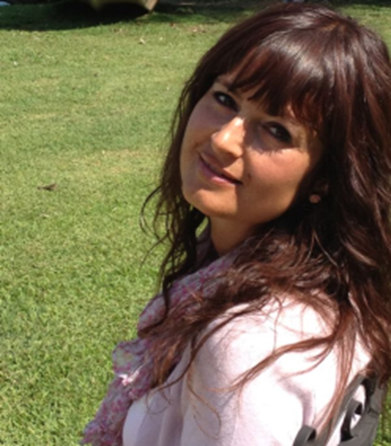Need Help?
10 July 2023
Prof. Dr. Barbara Bonelli Appointed Section Editor-in-Chief of Section “Physical Chemistry at Nanoscale” in Nanomaterials
We are pleased to announce that Prof. Dr. Barbara Bonelli has been appointed Editor-in-Chief of the “Physical Chemistry at Nanoscale” Section in Nanomaterials (ISSN: 2079-4991).

Name: Prof. Dr. Barbara Bonelli
Interests: surface properties of materials; nanoporous materials; TiO2 modification; photocatalysis; emerging pollutants' removal; IR spectroscopy; CO2 reduction
Website: https://www.polito.it/en/staff?p=barbara.bonelli
Initially beginning as a physical chemist and spectroscopy expert, in the last ten years Prof. Dr. Barbara Bonelli has expanded her scientific interests to materials science and technology in addition to chemical engineering, focusing on the synthesis and physicochemical characterization of (nano)materials for gas adsorption/storage; energy storage and production; heterogeneous catalysis; photocatalysis (including CO2 reduction, water splitting, and advanced oxidation processes for water remediation); and biomedical applications (including biomolecules’ detection and the study of model materials for toxicity and ecotoxicity studies). She is currently responsible for the Vibrational Spectroscopy Lab at the Department of Applied Science and Technology of Politecnico di Torino, Italy, where she established her research group, Surf-CheM (Surface Chemistry of Materials, www.scm.polito.it), circa ten years ago.
The following is a short Q&A with Prof. Dr. Barbara Bonelli, who shared her vision for the journal with us, as well as her views of the research area and open access publishing:
1. What appealed to you about the journal that made you want to take on the role as its Section Editor-in-Chief?
I confess that I was thrilled about being Editor-in-Chief after my previous experience as a Guest Editor. It is a new role for me and I will try to do my best to honor it. Also, it is a bit like going back to basics: when I was an undergraduate student, I started my career as a researcher with experimental work on IR spectroscopy and physical chemistry.
2. What is your vision for the journal?
I think that the journal already has a very good reputation in my scientific area, as confirmed by its ranking. However, I think that there is still some bias concerning open access publishing. I would like to help overcome such bias and convince some of my “recalcitrant” colleagues that the “Physical Chemistry at Nanoscale” Section in Nanomaterials is the right choice for publishing their latest scientific achievements.
3. What does the future of this field of research look like?
Well, I currently see many opportunities for development thanks to the increasing potentialities of the techniques of physicochemical characterization, the growing demand for new nanomaterials, the search for new synthesis methods to tailor nanomaterials’ physicochemical properties, and the need for scientific solutions to serious issues, like climate change for instance. I believe that when a scientist has imagination, his/her discoveries may have an impact not only on science but also on society.
4. What do you think of the development of open access in the publishing field?
I am aligned with the European Commission’s vision: we should encourage and favor open access publications as much as possible, so that anyone, my students included, can easily find the necessary information, but especially the inspiration, to carry out his/her research based on solid scientific premises.
We warmly welcome Prof. Dr. Barbara Bonelli as the new Section Editor-in-Chief and we look forward to her leading Nanomaterials to many more milestones.

